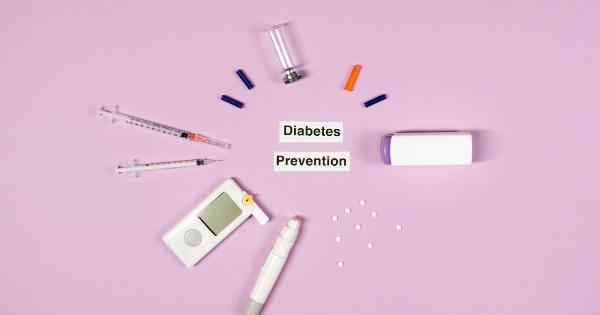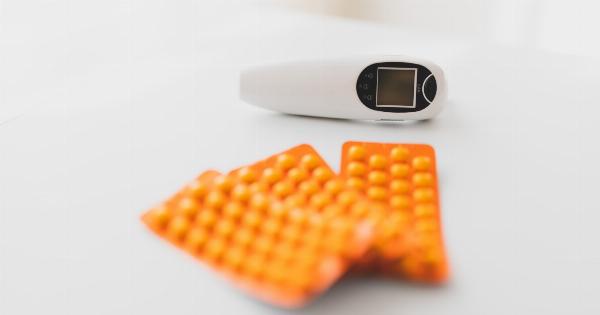Pregnancy is a delicate time for every woman, and it often comes with common health conditions like migraines. Migraines are a primary headache disorder characterized by intense throbbing or pulsating pain that lasts for hours to days.
According to the Migraine Research Foundation, migraines affect 18% of women, and pregnancy can trigger migraines in some women or worsen the condition of women already suffering migraines.
The Myth of Being Migraine-Free During Pregnancy
There is a popular belief that pregnant women who suffer from migraines will experience total relief during pregnancy.
Although there is some truth to this, about one-third of women experience more severe migraines, and others have the same frequency and severity of migraines as before pregnancy.
The fluctuation of hormones, changes in blood pressure, and stress can trigger migraines. During pregnancy, hormone levels rise and fall, and these changes can trigger migraines for women susceptible to migraines.
Effects of Migraines During Pregnancy
Migraines can affect the quality of life of pregnant women, distract them from work, and negatively impact their mental health. Additionally, some of the effects of migraines during pregnancy include:.
- Limited medication options- during pregnancy, women have limited medication options because most drugs can negatively impact the fetus.
- Limited treatment options- alternative medicine may appear useful, but their safety during pregnancy is unknown.
- Inability to manage other symptoms- most pregnant women suffer from nausea, vomiting, and fatigue, and migraines exacerbate these symptoms.
Complications of Medication Use for Migraines During Pregnancy
One of the primary challenges for women who suffer from migraines during pregnancy is finding a medication that won’t harm the fetus.
The commonly used migraine medication triptans is known to constrict the blood vessels and reduce blood flow to the fetus, which can lead to complications like low birth weight.
Additionally, anti-inflammatory medications like aspirin and ibuprofen are associated with congenital disabilities, premature closure of blood vessels in the fetus, and preterm birth.
Alternative Treatment Options for Migraines During Pregnancy
Alternative treatment options may be useful for women who experience migraines during pregnancy but cannot use conventional medications. Here are some alternative treatments for migraines during pregnancy:.
- Acupuncture- Acupuncture involves inserting thin needles into specific points of the body to alleviate pain. Acupuncture is safe during pregnancy and has been shown to reduce the frequency and intensity of migraines.
- Chiropractic- Chiropractic involves aligning the spine and joints to reduce pain. Chiropractic is safe during pregnancy and may improve blood flow, reduce tension, and alleviate migraines.
- Yoga and meditation- Yoga and meditation can relieve pain and anxiety, which often exacerbate migraines.
- Dietary modifications- Some foods are migraines triggers because they contain tyramine and phenylethylamine. Pregnant women who experience migraines should avoid these foods. Additionally, it is recommended that pregnant women stay hydrated and eat regular meals to avoid migraines.
Preventive Measures For Migraines During Pregnancy
Preventive care measures may reduce the frequency and severity of migraines during pregnancy. Here are some preventive measures:.
- Get adequate sleep- Pregnant women should aim at sleeping for at least eight hours to reduce stress levels.
- Keep a diary- Keeping a diary helps women monitor their migraine triggers, symptoms, and pattern. This information can help women understand and prevent migraines.
- Keep a regular schedule- pregnant women should keep a regular schedule to avoid triggers like low blood sugar levels or fatigue.
- Manage stress levels- Women who experience migraines during pregnancy should manage their stress levels by practicing relaxation techniques like yoga, meditation, and deep breathing exercises.
- Avoid migraine triggers- Pregnant women should avoid migraines triggers that are unique to them, such as, loud noise, flickering lights, certain smells including perfumes and cigarette smoke, air pressure changes or weather changes, and food or drinks.
Conclusion
Migraines during pregnancy are a common condition that affects women. Pregnancy can trigger migraines or worsen the condition of women already suffering from migraines. However, there are treatment options available to treat migraines during pregnancy.
Alternative treatments and preventive measures can minimize or alleviate migraines and their effects on pregnant women. Finally, pregnant women should consult their healthcare providers to determine the best treatment options for them.
























